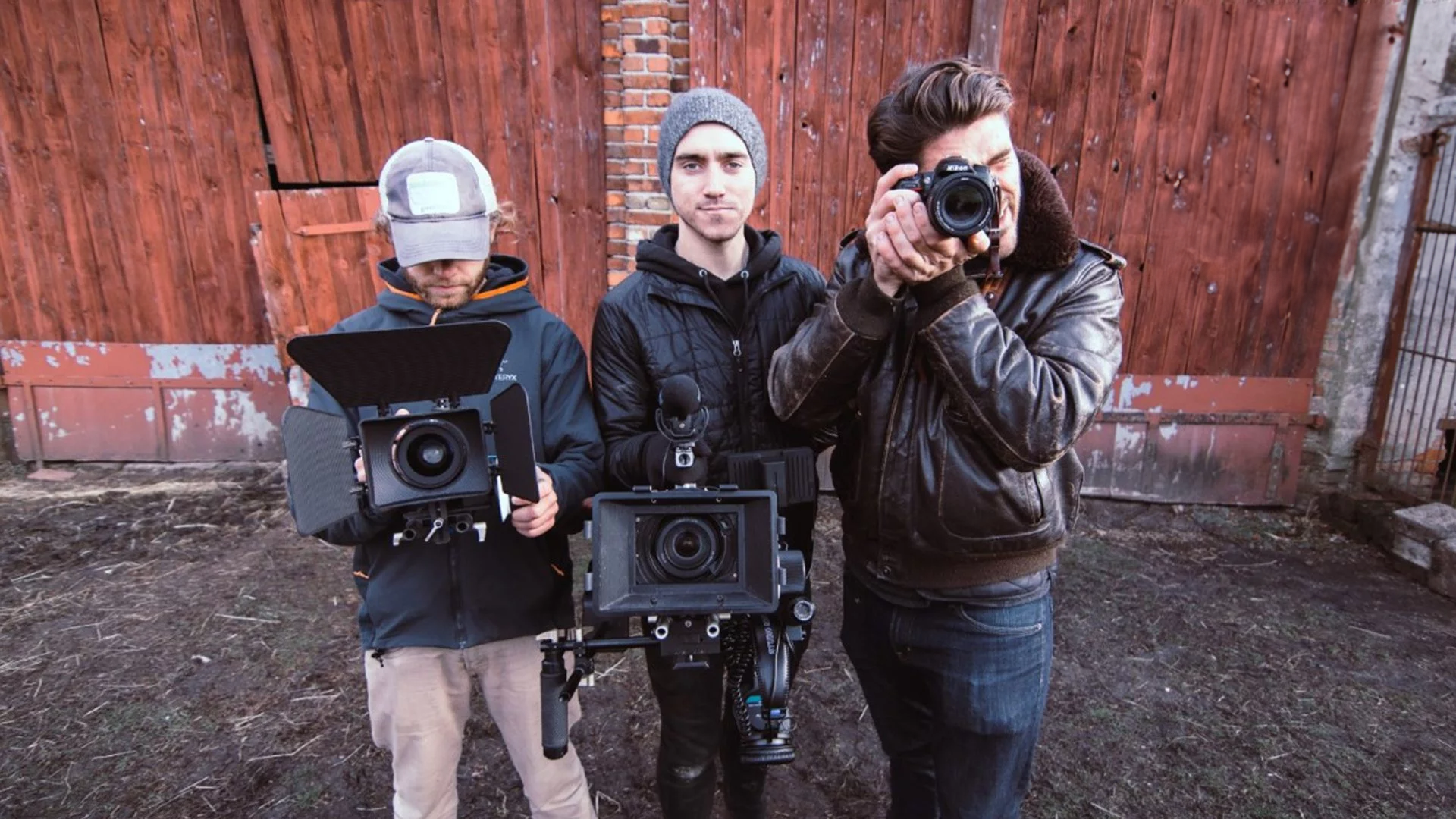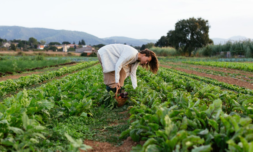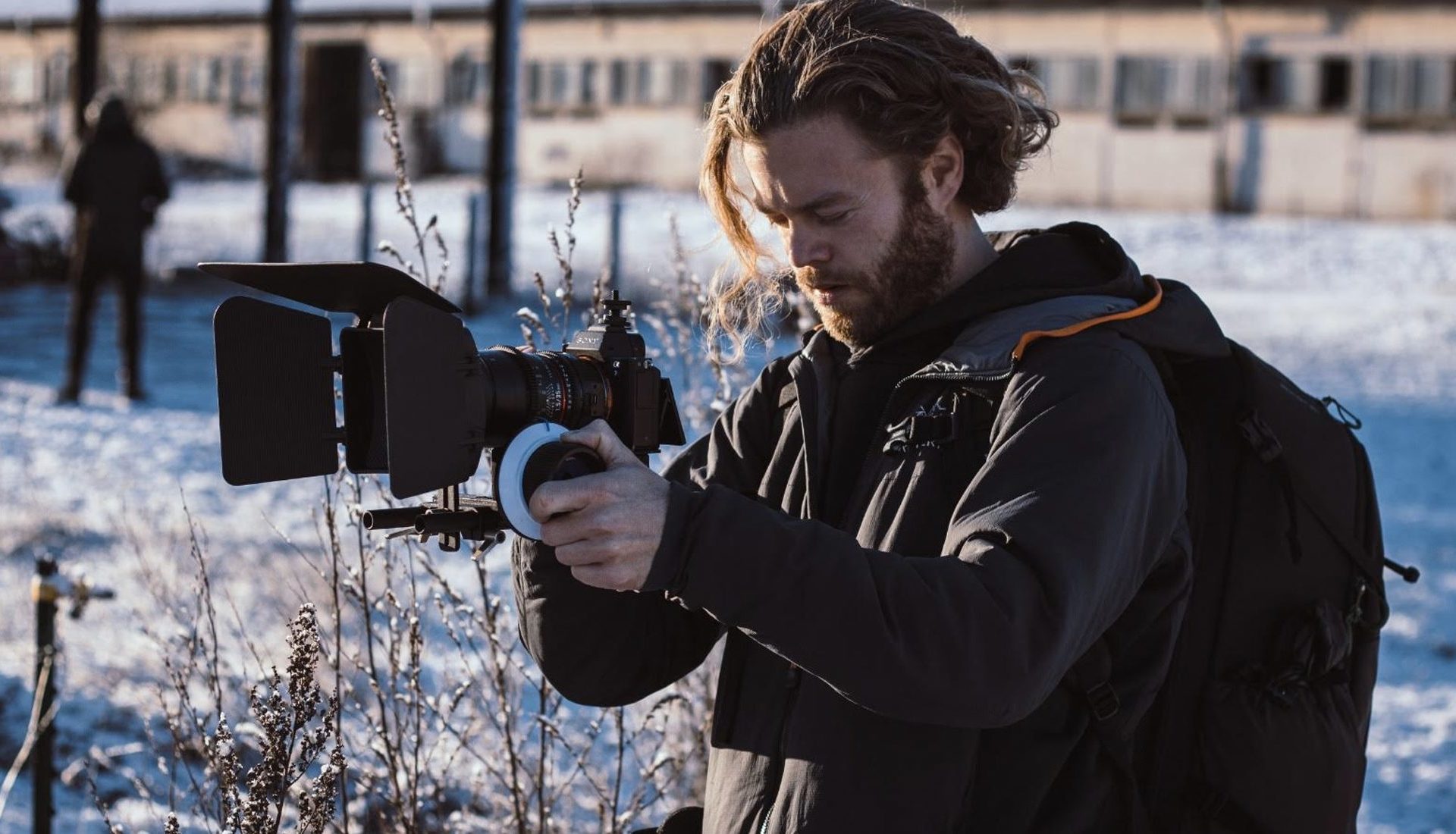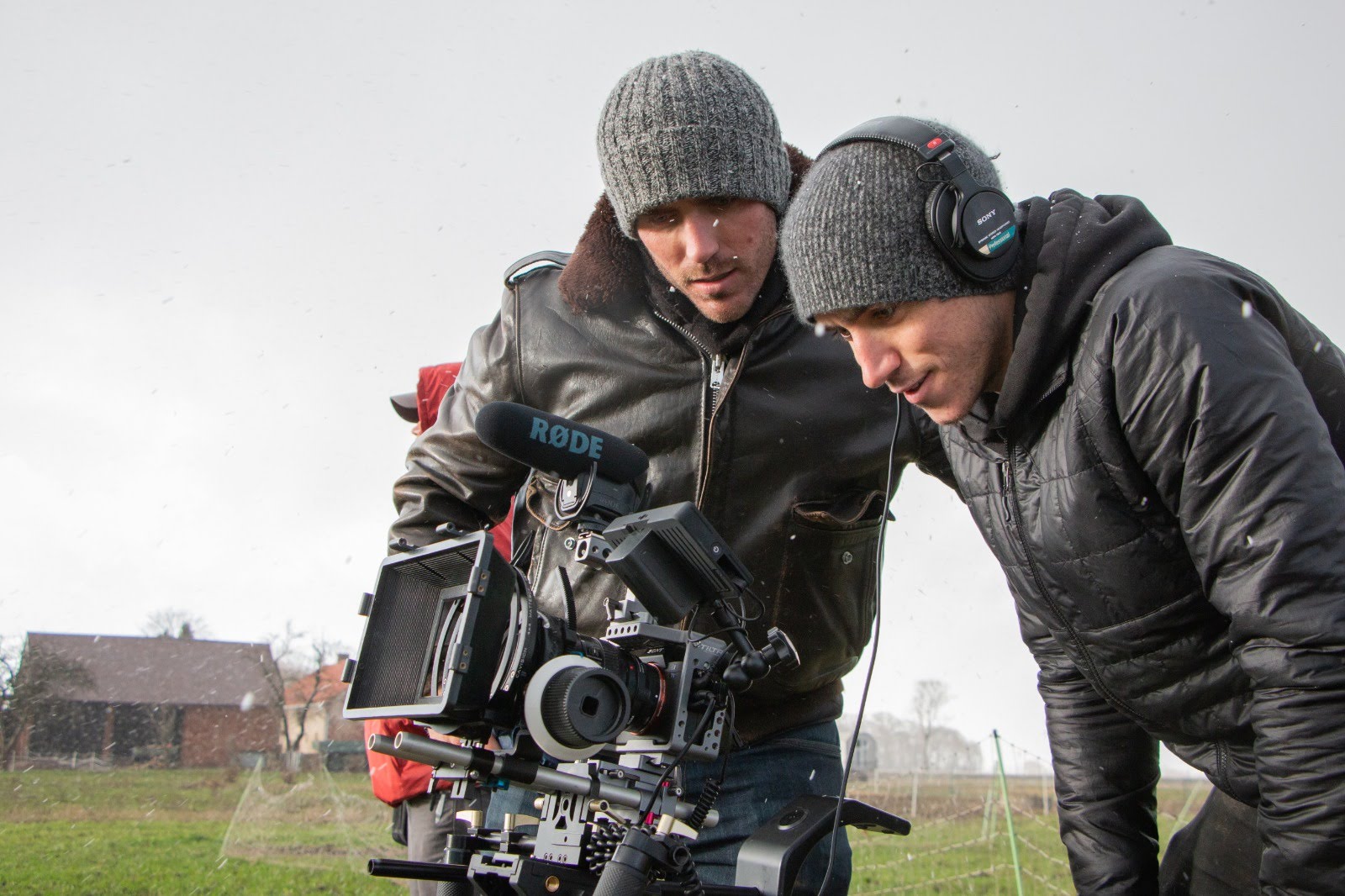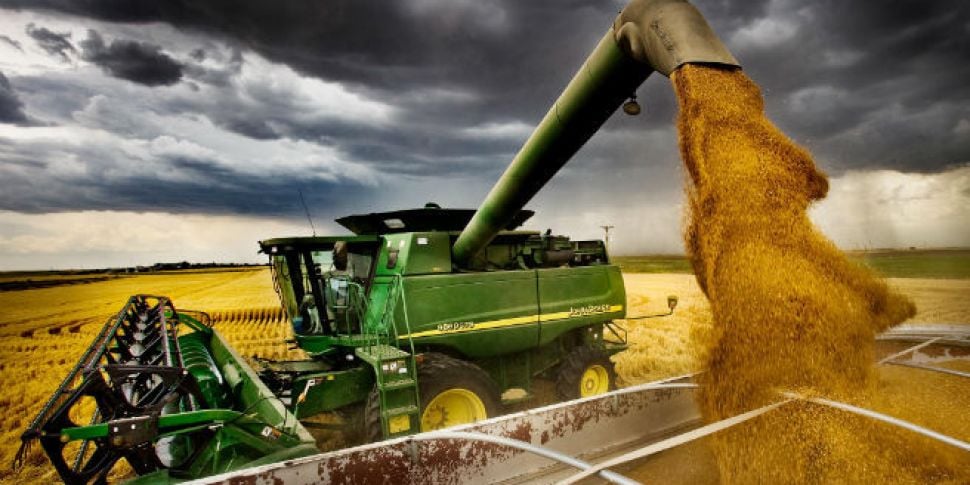As the future of the world balances on a knife edge, these impact documentary filmmakers have started a conversation about how the one thing we share could be the one thing that saves us.
If each generation has its cross to bear, then climate change is surely ours. Gen Z and Millennials, whose inheritance include an ecologically unstable planet and the burden of unlearning centuries of damaging habits, face the task of restructuring and re-constituting humanity’s relationship with mother nature.
But in order for a new world to be built, it must first be imagined. That’s where companies like Common Table Creative come in.
Common Table Creative is a group of multifaceted young men who plan and host food-based events, lecture about sustainability, and write poetry, but, primarily, they are a production company. ‘CTC’, as I’ve been given enthusiastic permission from the CEO to refer to it as, make short films about food systems.
‘Our goal has always been to… tell stories about the people who produce our food, and that’s the farmers’, explains Oliver English, aforementioned CEO and co-founder of CTC, over Zoom.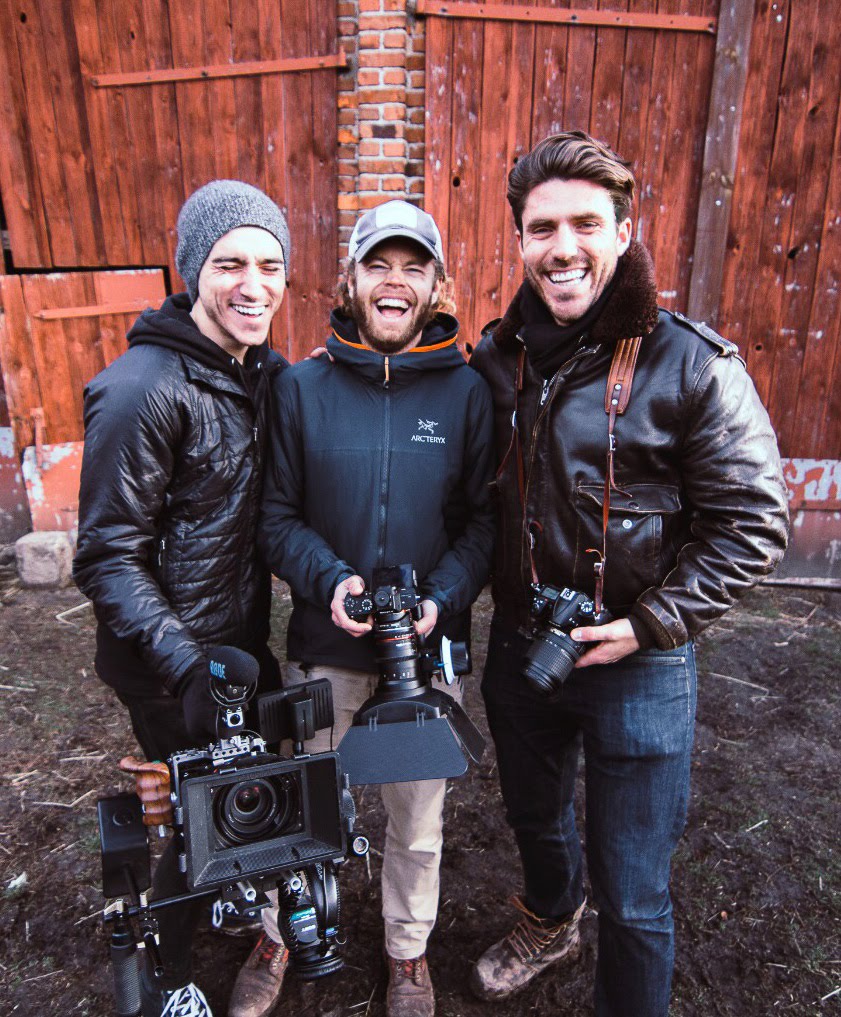
Oliver’s agreed to chat to my colleague Sofia and I from the Venice Beach, California home of Common Table Creative’s tripartite foundation which includes himself, his filmmaker brother Simon (Creative Director), and plant biologist/businessman Jamer Bellis (COO).
He’s had to squeeze us in early on a Friday morning during preparations for an upcoming CTC road trip to a Wisconsin farm. The trio are gathering the last snippets of footage to tie together their latest, and by far biggest, project: a feature length documentary called Feeding Tomorrow.
Currently, CTC’s portfolio consists of around 20 beautifully shot, self-contained shorts that explain food systems through the lens of individuals, or individual movements.
All members of the company have a crucial role in the filming and production process, leading them to create award-winning content such as their most recent feature WE UNITE, which highlights the perils of a Berlin farming community choked by factory farming and agricultural modernisation projects. You can view all of their erstwhile creations on the company website.
Through its shorts, CTC has found a way to tell the story of holistic consumption by synecdoche – using a part to represent the whole.
Trawling through the extensive catalogue I come across a six-minute vignette of organic grower Greg Rawlings and Jacobs Farm. Amidst sweeping aerial shots of waves crashing against a cliff face and close-ups of mint leaves you feel you could snap in two, the physical is used to demarcate CTC’s concepts.
The film’s canvas slowly extends to something far more audacious than the story of simply one farmer: the feeling of visual perfection that’s created knocks against the idea of ‘imperfect foods’ and food wastage like the waves on the cliff, as Rawlings explains how much of his yield gets rejected at the hands of aesthetically demanding food sellers.
The arc ends on a hopeful note, as is the CTC signature, as Rawlings explains how Imperfect Foods has ensured that the edible ugly ducklings of his crop are still used.

Four years since the boys first packed up their lives in NYC to start CTC on the West Coast, they’re ready to tackle a bigger project. Feeding Tomorrow, their magnum opus, which is currently in the latter stages of production (you can help the boys out with meeting their final production costs via their GoFundMe here), will focus on food and consumption writ large.
It’ll hone in on the prescient question ‘how are we going to feed ourselves by 2050?’
‘We want to tell a holistic story about how our food system interacts with all parts of our lives, from agriculture to health, to the food access social justice part of it’, Oliver explains. ‘So, let’s talk to not just farmers and doctors but climate scientists, and educators, and nutritionists, and chefs; thinking about, with population growth, and climate change, and the huge health disparities that we’re in, how do we feed ourselves in a way that nourishes humanity, and that doesn’t destroy our planet?’
Whilst food mightn’t seem like an intuitive lens through which to ponder the great existential questions of our time, the more you talk to Oliver English the more obvious it becomes. He summarises his views by paraphrasing an organic farmer he met in the Bahamas, who told him, ‘If I can grow good quality food, I can get people to change the way they eat, and if we can get people to change the way they eat, then we can get them to change the way they view the world.’









